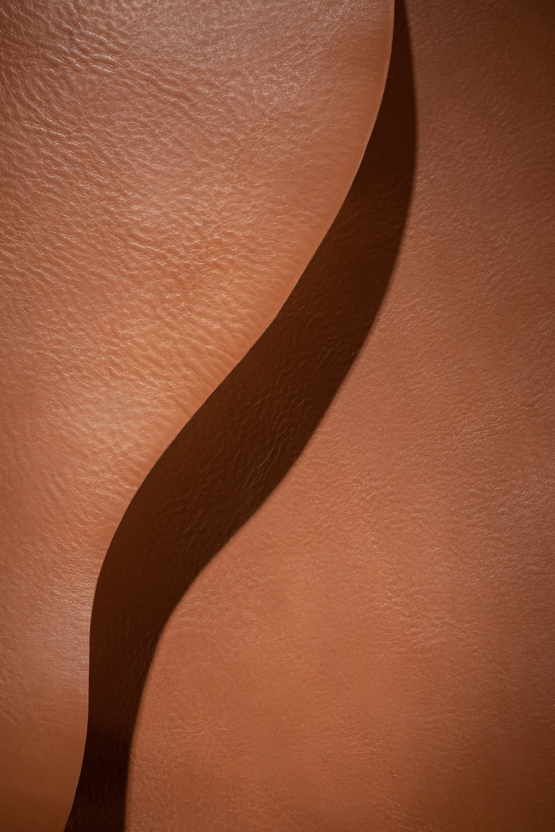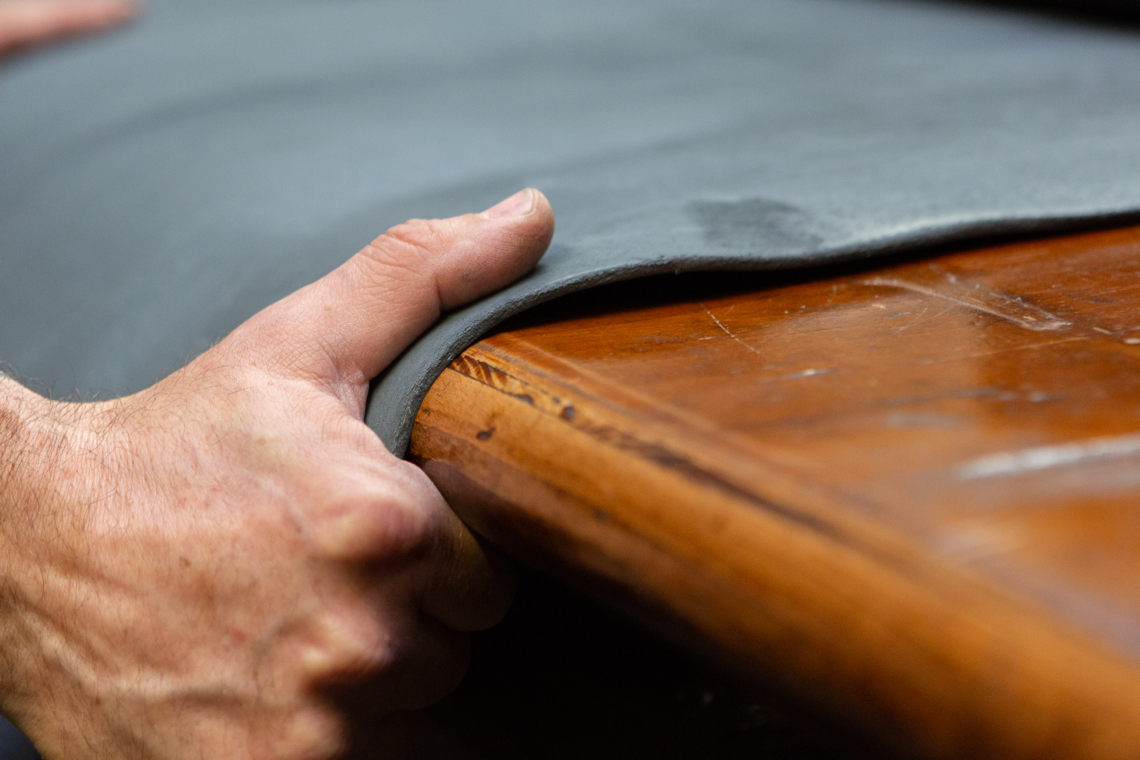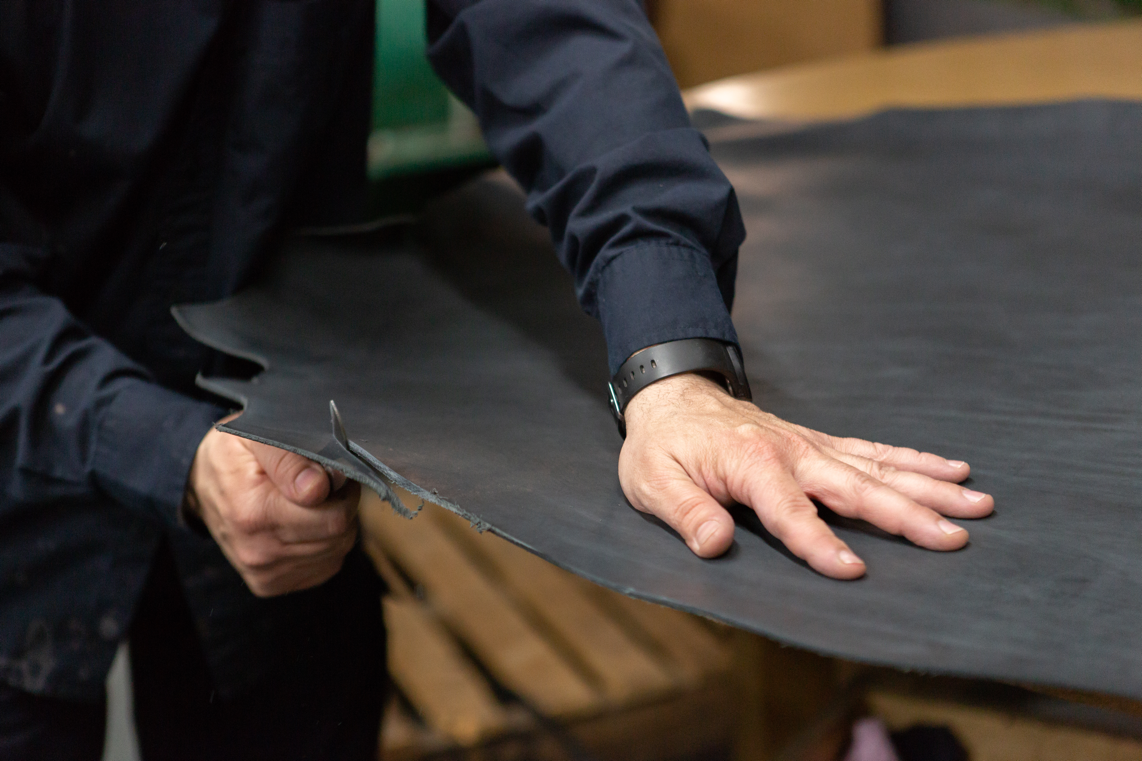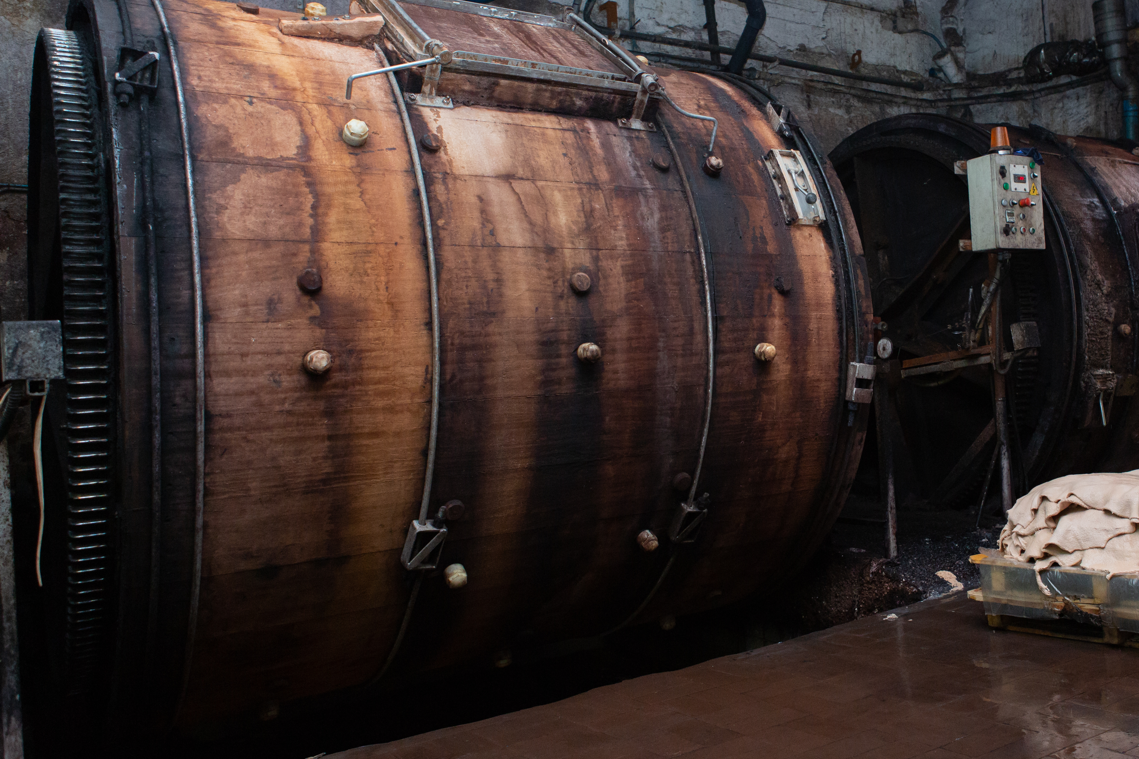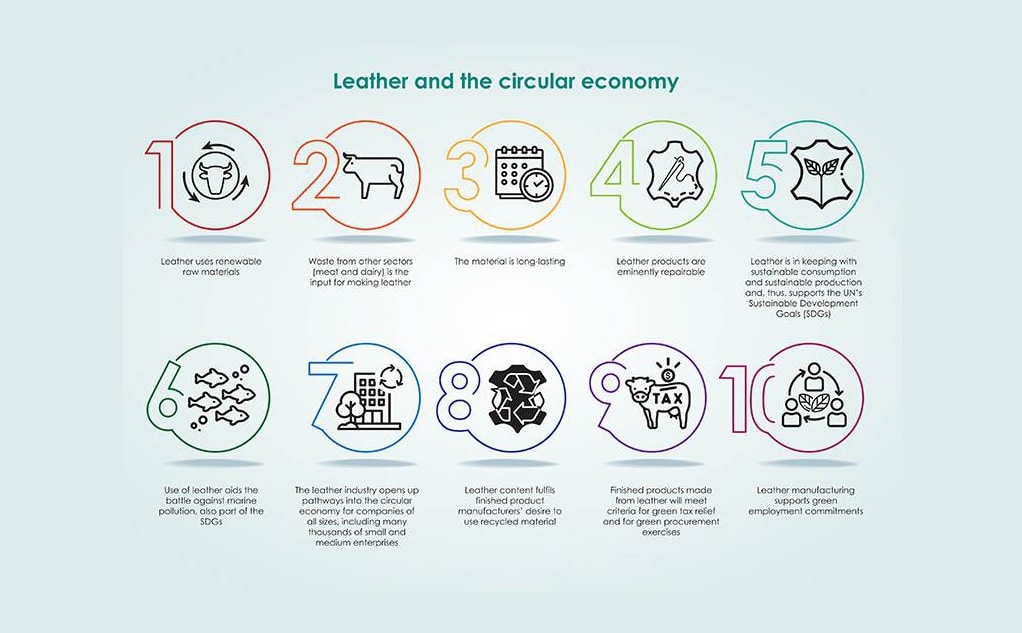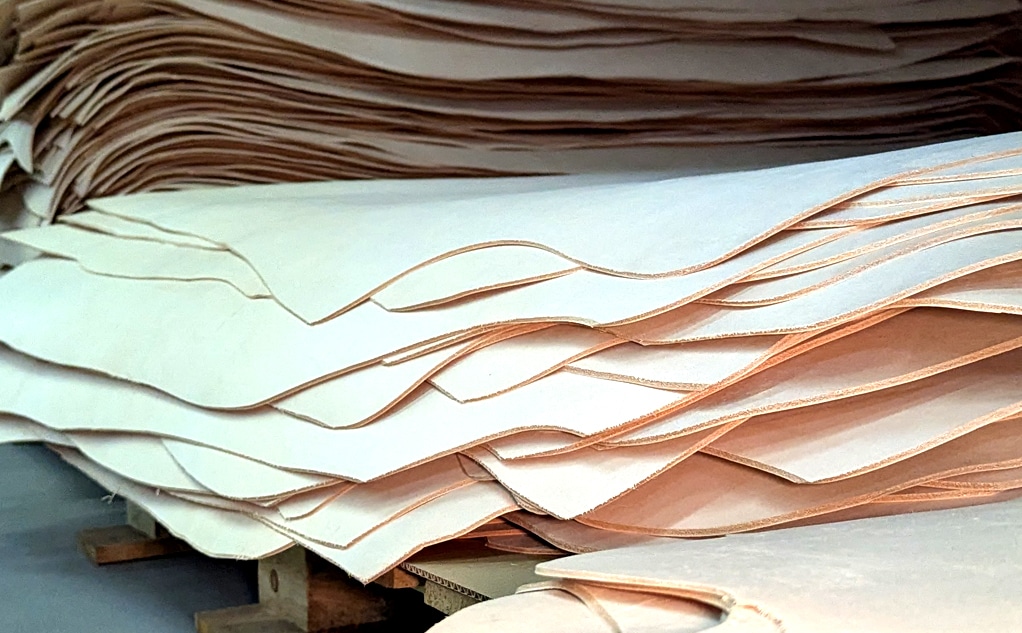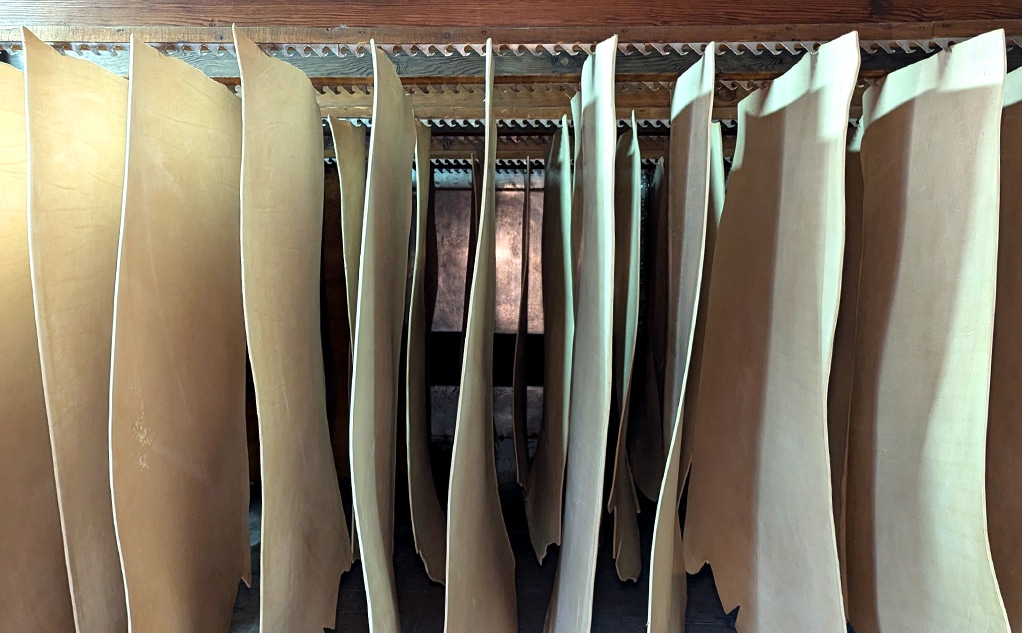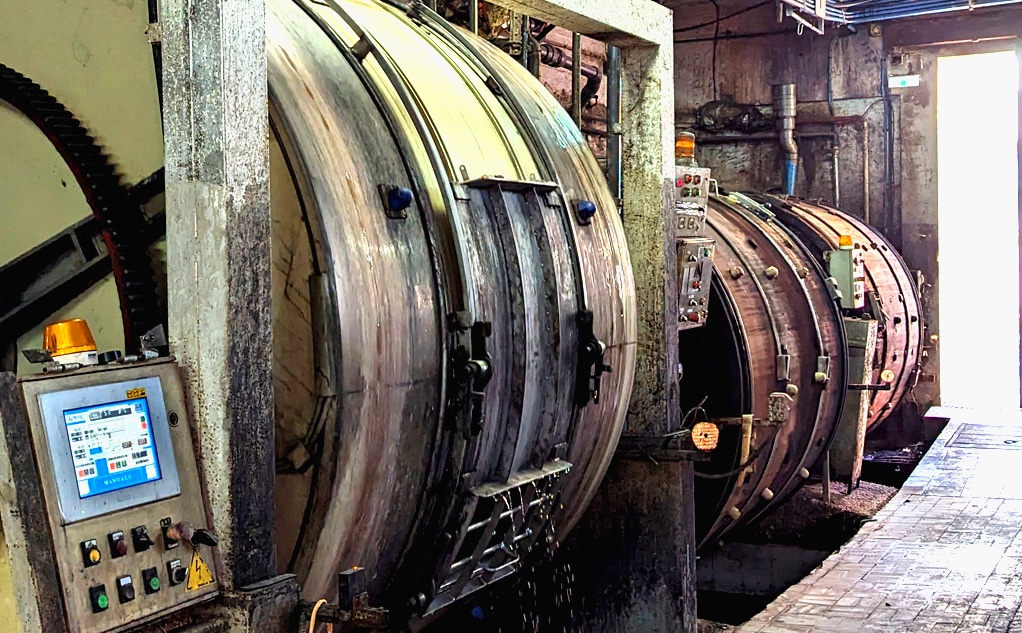
Uncategorized
New guide on leather’s environmental impact: a key step towards transparency and sustainability
31 / 03 / 2025
Original content by: Leather Naturally
Sustainability is a growing priority in the leather industry. As the sector moves toward more responsible practices, having reliable tools to assess environmental impact is essential. In this context, Leather Naturally has released the guide “All About LCAs: How to Assess the Environmental Impact of Leather”, a valuable resource that clarifies how Life Cycle Assessments (LCAs) work and their role in measuring sustainability.
LCAs provide a scientific method to evaluate a material’s environmental footprint, from raw material sourcing to end-of-life disposal. However, their complexity and the variations in methodologies often lead to misinterpretations. This guide explains the fundamentals of LCAs, emphasizing the importance of a transparent and standardized approach to measuring leather’s environmental impact. It highlights how different methodologies influence results and why using consistent, science-based data is crucial to avoid misleading conclusions. Additionally, it addresses how leather compares to alternative materials, providing a clearer picture of its environmental performance.
The publication of this guide represents a significant step towards greater transparency and trust in the leather sector. By promoting the correct use of LCAs, it enables brands, manufacturers, and consumers to make informed decisions based on accurate data rather than misconceptions. At Splenda Leather, we are committed to sustainability and support initiatives that contribute to a more responsible and transparent industry. Understanding the real impact of leather is essential to fostering a more conscious and fact-based discussion about materials and their sustainability.
You can download the guide HERE.
And You can read the original article HERE.
Read more
Newsletter
Subscribe to our Newsletter and you will receive information about everything that inspires us, the main news, trends and much more.

